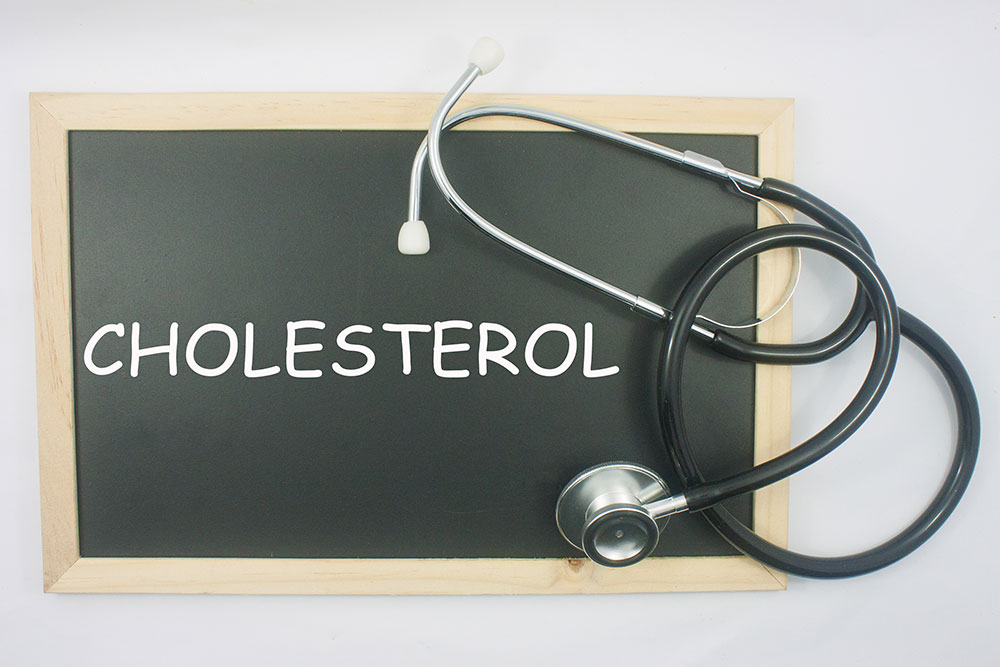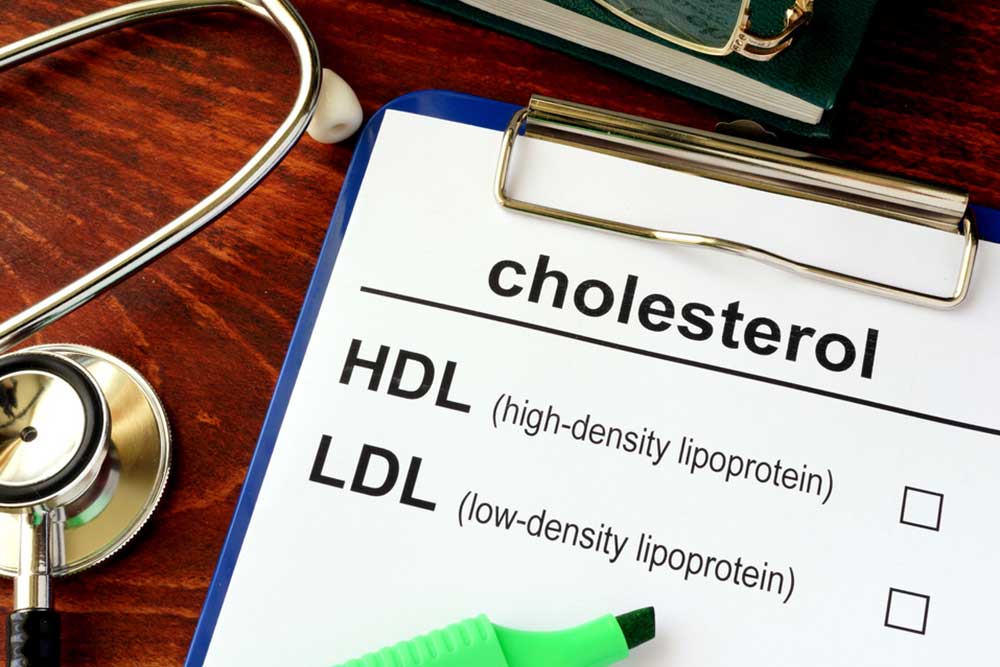Understanding Cholesterol: Detection and Preventive Measures
This article offers an in-depth look at cholesterol, including how it is diagnosed and steps to prevent high levels. It emphasizes the importance of regular screening, healthy lifestyle choices, and understanding individual risk factors. Practical tips on diet, exercise, and quitting smoking are highlighted to help maintain optimal cholesterol levels and reduce heart disease risks.

Understanding Cholesterol: Detection and Preventive Measures
Cholesterol is a waxy substance present in the bloodstream. While it is essential for building healthy cells, excess cholesterol can significantly increase the risk of heart-related issues, including heart attacks. This occurs because high cholesterol levels lead to fatty deposits in the arteries, impairing blood flow. When these deposits grow large enough, they can rupture and trigger cardiac events.
Stages of Cholesterol Accumulation
Cholesterol buildup doesn't follow strictly defined stages, but it does progress over time. Initially, high cholesterol may go unnoticed without symptoms. As it accumulates, plaque forms in the arteries, narrowing passageways and disrupting circulation. Eventually, plaque rupture can result in a heart attack or stroke.
Identifying High Cholesterol Levels
The diagnosis of abnormal cholesterol levels can be challenging until symptoms appear. Regular screenings are recommended every five years after age 20. A simple blood test known as a lipoprotein profile helps determine cholesterol levels. Doctors may also assess physical health, heart rate, blood pressure, and personal medical history to recommend appropriate treatments, which may include lifestyle changes or medication.
Preventing Elevated Cholesterol
Genetics can influence cholesterol levels, but lifestyle factors often play a larger role. Eating a balanced diet, engaging in regular exercise, and managing stress can greatly reduce risks. Simple lifestyle habits include:
Recognize Risks
If you have a family history of heart disease or high cholesterol, adopt proactive measures for health maintenance.
Set Clear Goals
Knowing target cholesterol levels helps guide health decisions and lifestyle modifications.
Adopt a Heart-Healthy Diet
Limit saturated and trans fats. Incorporate foods like beans, whole grains, nuts, and vegetables to support healthy cholesterol levels.
Exercise Regularly
Engage in physical activity three to four times weekly for optimal cardiovascular health.
Stop Smoking
Smoking raises the risk of high cholesterol and related heart conditions. Quitting can significantly improve heart health.










